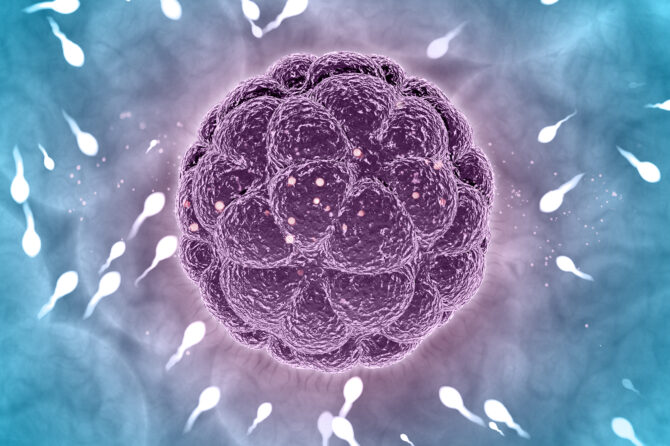
Natural conception
Natural conception is the process by which a pregnancy occurs without the assistance of medical interventions or fertility treatments. It typically involves the following key stages:
1. Menstrual Cycle: Women of reproductive age experience monthly menstrual cycles regulated by hormonal changes. The menstrual cycle involves the development and release of an egg from the ovary (ovulation) and the preparation of the uterus for potential implantation.
2. Ovulation: Ovulation is the release of a mature egg from the ovary, typically occurring around the middle of the menstrual cycle. The egg travels into the fallopian tube, where it may meet sperm for fertilization.
3. Sperm Transport: Sperm, deposited in the vagina through sexual intercourse, travels through the cervix and into the uterus to reach the fallopian tube. This is where fertilization typically takes place.
4. Fertilization: Fertilization occurs when a sperm penetrates the egg, forming a fertilized egg or zygote. This marks the beginning of a potential pregnancy.
5. Implantation: The fertilized egg then travels down the fallopian tube into the uterus. If successfully implanted in the uterine lining, the pregnancy begins to develop.
6. Early Pregnancy: The fertilized egg develops into a blastocyst, and cell division continues. A developing embryo eventually implants into the uterine lining, establishing a pregnancy.
Factors Influencing Natural Conception:
- Timing: Conception is most likely to occur during the fertile window around ovulation.
- Age: Fertility declines with age, and conception becomes more challenging, especially after the age of 35.
- Health and Lifestyle: Overall health, nutritional status, and lifestyle factors such as diet, exercise, and avoidance of substances like tobacco and excessive alcohol can influence fertility.
Enhancing Natural Conception:
- Awareness of Menstrual Cycle: Understanding menstrual cycles helps couples identify the fertile window for optimal timing.
- Healthy Lifestyle: Maintaining a healthy lifestyle with regular exercise, a balanced diet, and stress management can positively impact fertility.
- Regular Intercourse: Having regular, unprotected intercourse during the fertile window increases the chances of conception.
While natural conception is the typical pathway to pregnancy, some couples may face challenges due to various factors. If conception does not occur after a reasonable period of trying (usually one year), seeking advice from a healthcare provider or fertility specialist is advisable to explore potential underlying issues and consider additional options.
Leave a reply
Leave a reply